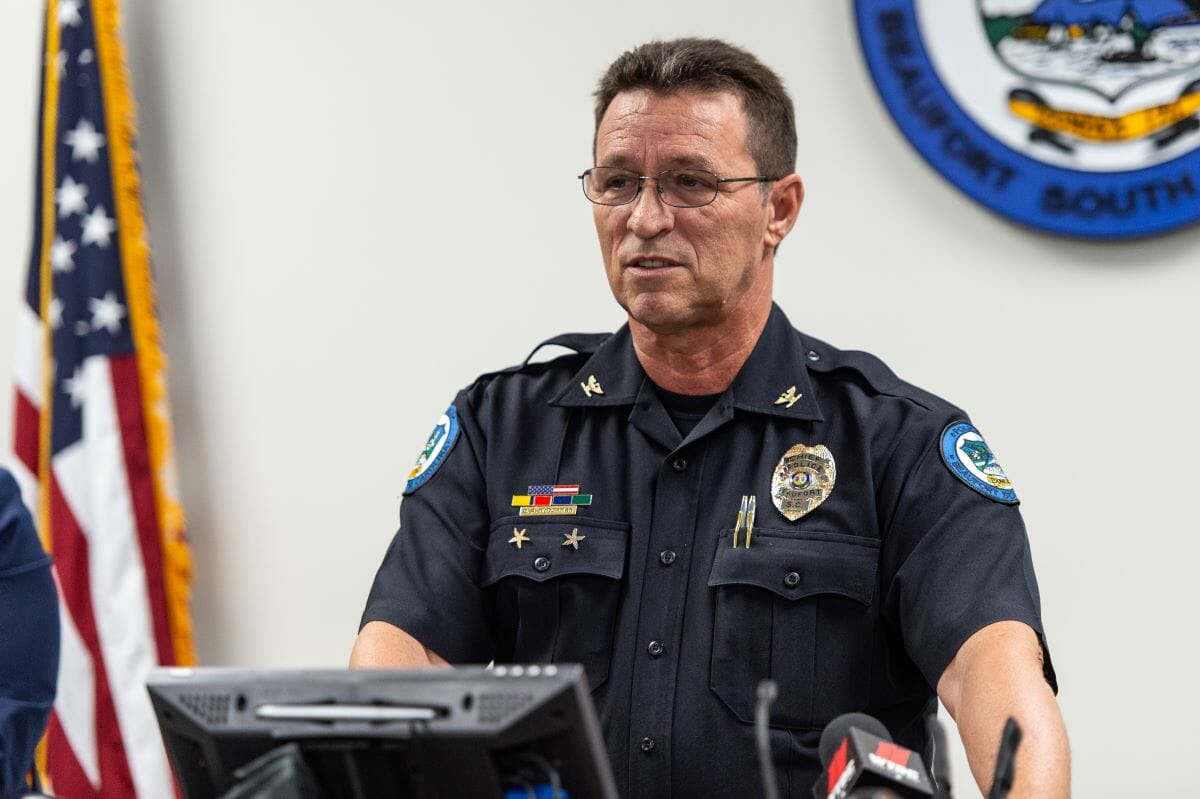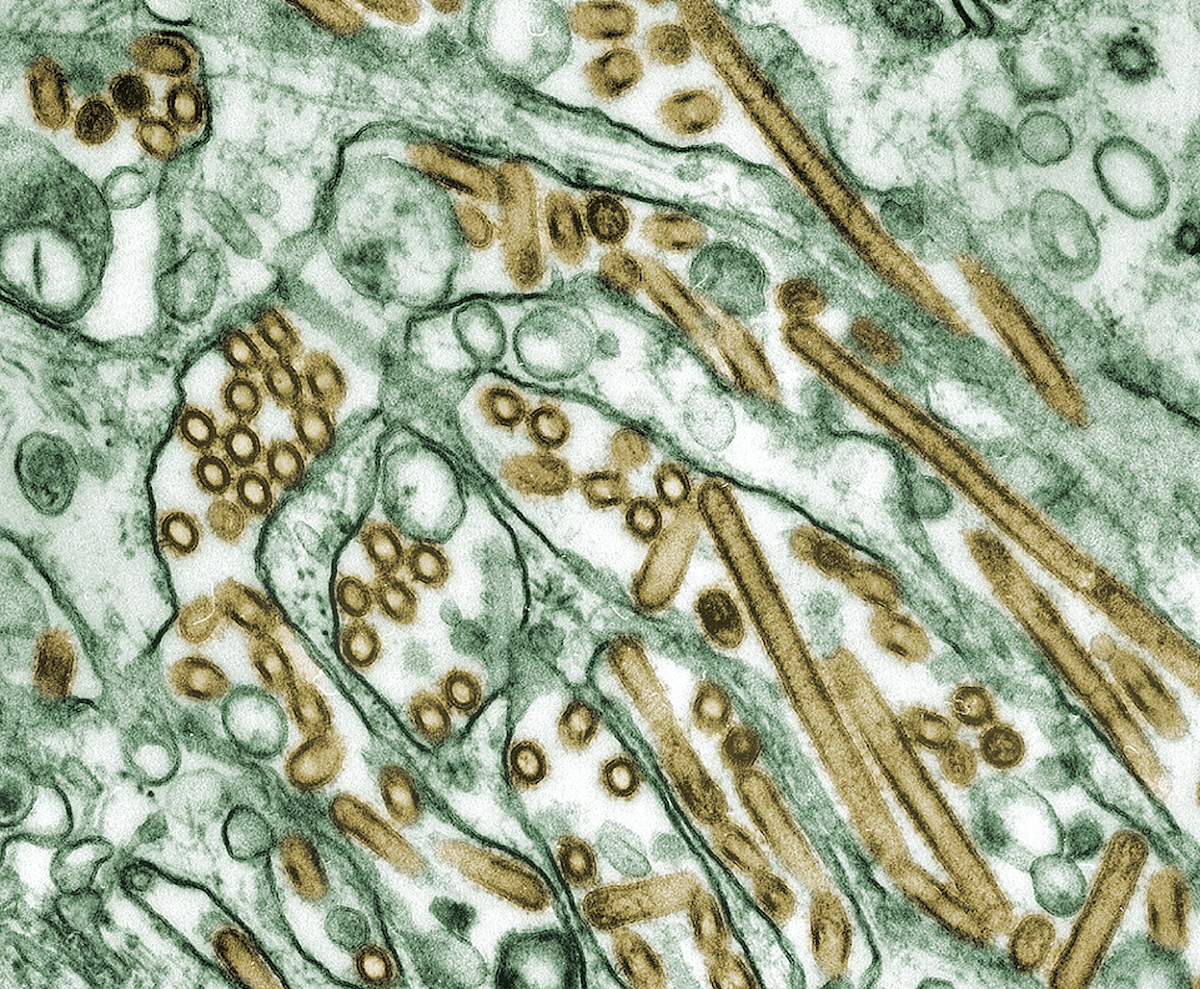By Scott Graber
When I was a cadet at The Citadel we had a parade every Friday. This formation was mandatory and always included our tartan-clad bagpipers and their version of “Scotland the Brave.”
Upon hearing that tune, and marching out into the late afternoon sun, I would always imagine “mad” Bill Miller playing his bagpipes at Normandy as the Germans raked the ranks of the 1st Special Service Brigade with machine gun fire.
Since that time I have studied Scotland and its connection with the American South. In particular I have read “Born Fighting — How the Scots-Irish shaped America” by Jim Webb. This morning — as I sit in Edinburgh — Scotland is on my mind.
Webb, a prolific novelist, gives us a history that begins in an area just to the North of Hadrian’s Wall. Several years ago I hiked 40 miles of that wall with my son. I was struck by the stark beauty of the rolling hills and the apparent emptiness of that landscape — empty except for sheep. In fact, this area was the scene of continuous warfare for hundreds of years.
“Although Hadrian’s Wall provided an emotional and historical line of demarcation, the English wanted more and over time they succeeded, rolling back the Scottish border in the West and especially the East.”
After Robert the Bruce died in 1333, the English continued their “systematic destruction” of the Scottish lowlands as far north as Edinburgh. Then Henry VIII came through killing men, woman and children indiscriminately and taking, as prisoners, only the cattle and the sheep.
This near constant warfare destroyed any semblance of a national or central authority. It left governance in the hands of local clan leaders. The Scots who survived grew up with soldierly virtues of blood and duty and with only a transitory connection to the land itself.
Nor did these folks believe in the Church of Scotland, much less the Church of England. In those days the official Church was corrupt and an instrument of governance. The Scots embraced John Calvin’s independent movement and would eventually call themselves Presbyterians.
In 1637 these tough, battle-hardened men and women were forcibly removed, by the British, to Northern Ireland and were resettled in Ulster. These lowland Scots were ready for a new deal, but found that war, famine and disease followed them and, eventually, the Scots-Irish came to the New World — Pennsylvania.
In those years before our Revolutionary War the colonial governors wanted immigration, especially in those western areas where the Cherokees Indians were bothersome. The English “Cavalier” aristocracy — those that made fortunes growing rice and tobacco — wanted a buffer from these resentful native Americans. They found that buffer in the Scots-Irish who moved down the “Wagon Road” into Virginia and the Carolinas.
The Scots-Irish who followed the Appalachian Mountains brought their self-reliance, their long rifles and their Bibles with them. Unlike other immigrants they would clear-off land — if it was vacant — without benefit of title. They would “squat” a few years and then, restless, move on.
“Schools were non-existent. Justice was a fancy term used in Williamsburg or Charleston, its mountain equivalent most often based on crude forms of biblical logic and group retaliation rather than formal law.”
Two forces bound these isolated Americans — the Presbyterian Church and a military hierarchy that was found in the local militia. And the local militia fought — not in the old European way — but by using camouflage, stealth and ambush.
Webb argues that this independent thinking, contempt of government and love of weapons continues to shape the American mind. And, apparently, independence (from Britain) continues to inhabit the Scottish mind.
In September 0f 2014 a referendum was held on the question of Scotland’s independence. In that vote 55% of those who voted (roughly 84% of the total population) decided to stay in the UK. And, at the time, that referendum appeared to end the question of Scottish independence.
But then came Boris Johnson and his successful effort to remove the United Kingdom from the European Union. In the so-called Brexit vote, 62% of Scots, contrary to the rest of the United Kingdom, voted to stay in the EU. This stark difference of opinion effectively revived the movement for Scottish independence.
Polling on the question continues with the latest results suggesting there is now a slight majority favoring a departure from the UK.
All sides have, however, agreed that a 2nd Referendum should wait until the Covid Pandemic has ended.
Scott Graber is a lawyer, novelist, veteran columnist and longtime resident of Port Royal. He can be reached at cscottgraber@gmail.com.






